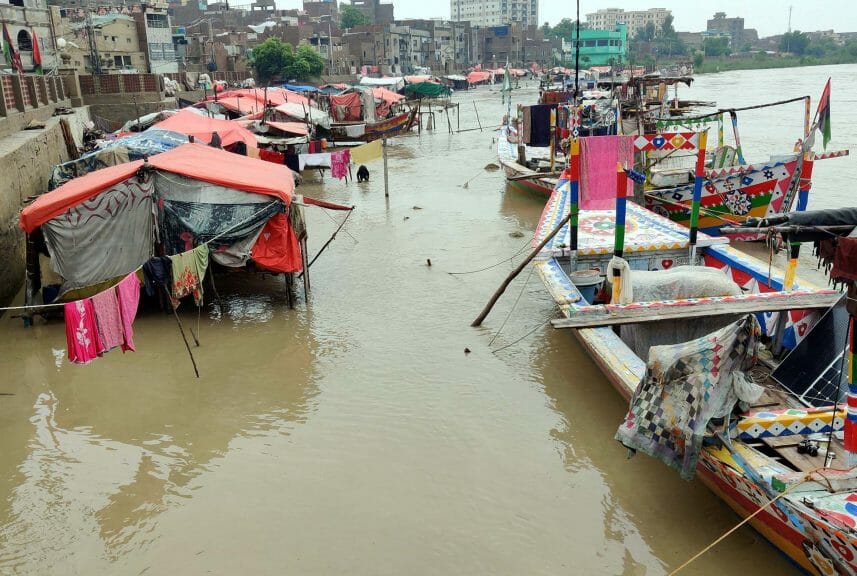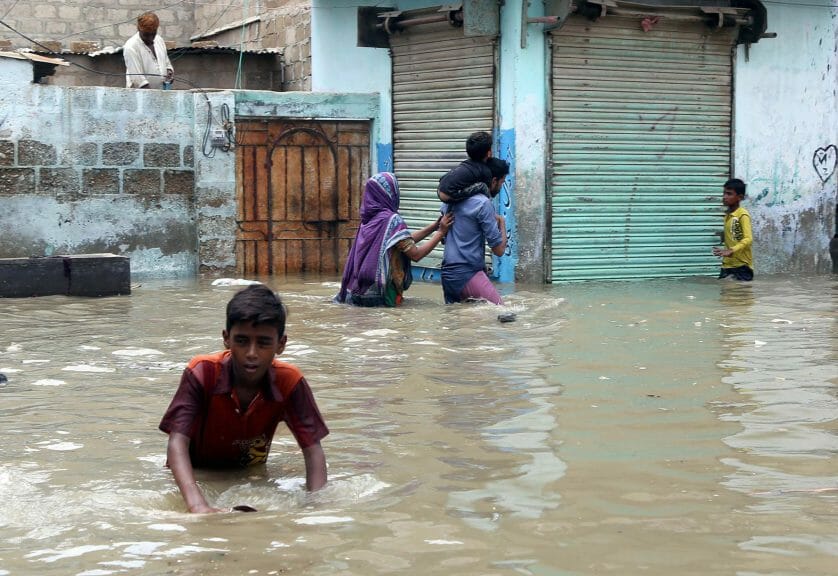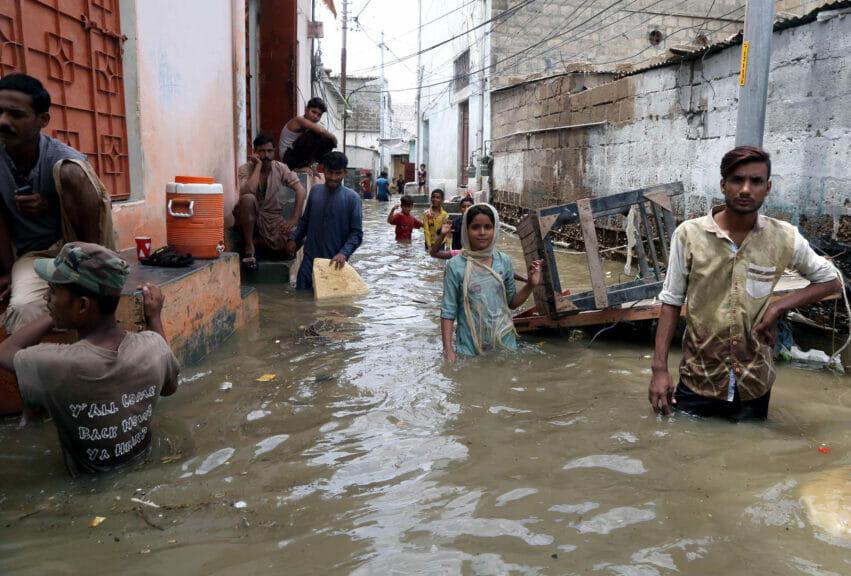The main rivers, the Indus and the Swat of Pakistan, remain flooded from the past days of rain. Although the downpour has halted, the swelling bodies of water can disperse dangerous diseases further inland to the neighboring populations.
With monsoon season cyclically returning to torment the nation, officials in Pakistan’s capital, Islamabad, have issued national concerns about the potential spread of waterborne diseases.
Already, the monsoon rains have caused thousands of victims to suffer from the flooding of the rivers, and the aggressive downpour has caused. This potential threat of diseases only heightens the severity of the situation.
After around a million homes have been damaged or destroyed, the United Nations has issued a formal appeal for emergency funding of $160 million to the nation due to the record-breaking flooding. In addition to the UN’s efforts of emergency appeal, the Pakistan government also deployed additional medical teams and medicine. It dispatched large quantities of potable water for locals who now have to live in tents.

Local doctors report having to treat not only patients for trauma by witnessing their homes and personal materials damaged by the torrent, but increasingly, so patients coming in with severe cases of diarrhea, skin infections, and other common symptoms of various waterborne diseases. In the worst affected region of Pakistan, Sindh, there have been 4,210 medical camps already set up to treat victims.
World Health Organization (WHO) has also begun deploying additional medical support to the victims of the floods. It has honed in on surveilling patients suffering from diarrhea, cholera, and other spreadable diseases.
The main concern is to contain these diseases and not allow the diseases to spread the infection across most of the population. Therefore, the medical camps established are good for ensuring quick access to medical care.

In a recent televised event, Pakistani Prime Minister Shabaz Sharif promised the future rehabilitation of displaced individuals caused by the flood. PM Shahbaz has also publicly thanked UN Secretary-General Antonio Guterres for the UN’s aid. The damage the floods have caused has apparently set the government back $10 billion in the economy. Now there are public fears that the increasing infections caused by the waterborne diseases will hurt the economy and labor force even further, stalling the nation’s recovery and aid.
Read more on Middle Eastern news regarding new American air strikes in Syria.














